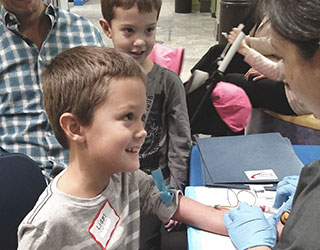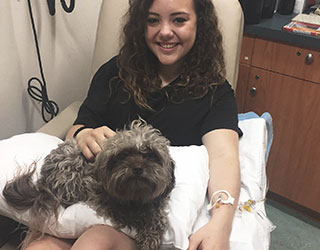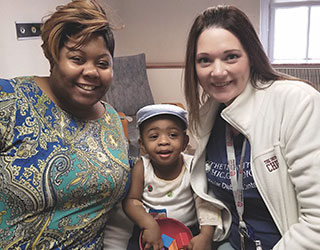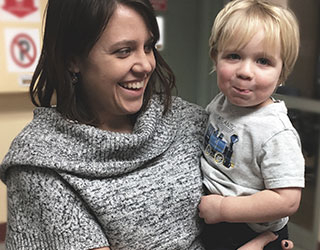Risk Screening for Relatives
If you have a relative with T1D, you may be eligible for risk screening that can detect the early stages of T1D years before symptoms appear.
More
Risk Screening - Other
If you or your child has tested positive for type 1 diabetes related autoantibodies, we’re here for you.
More
Monitoring
Depending on your risk screening results, you may be eligible for monitoring. We’ll monitor you for disease progression and let you know if you become eligible for a study.
More
Prevention Studies
If your screening results show you are in the early stages of T1D, you may be eligible to join a prevention study testing ways to slow or stop disease progression.
More
Newly Diagnosed
For people newly diagnosed with T1D, we offer clinical studies testing ways to slow disease progression by preserving insulin production.
More
Long-Term Follow-up
If you are diagnosed with T1D while participating in one of our prevention studies, we’re still here for you. You can continue to receive personal monitoring while helping us learn more.
More
Completed Studies
When a study ends and findings are analyzed, we share the results with participants, the scientific community, and the public.
More









